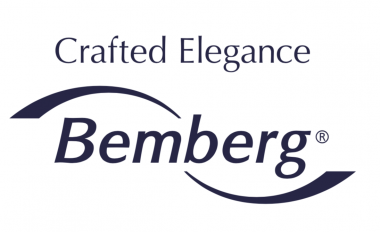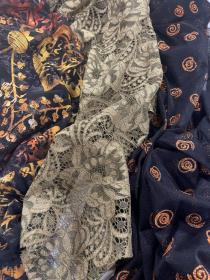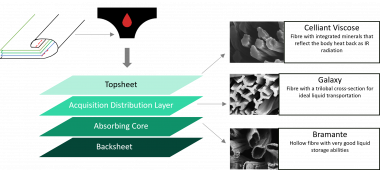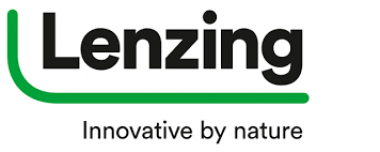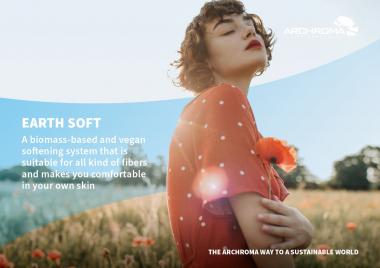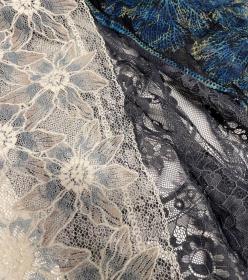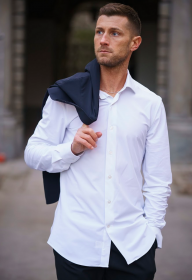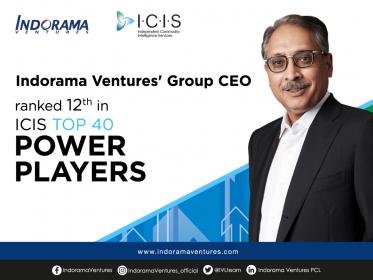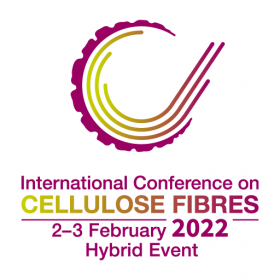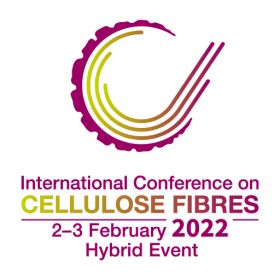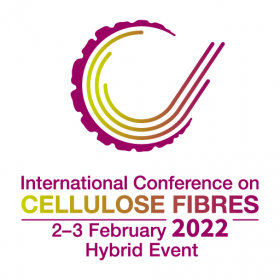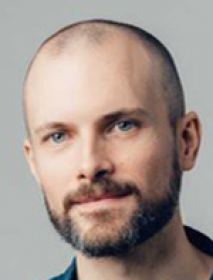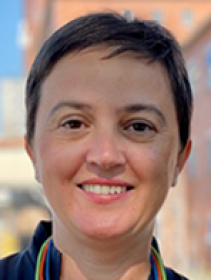Bemberg™ by Asahi Kasei is back at Première Vision
Bemberg™ is back at Première Vision to celebrate its 90th anniversary through its latest collections, premium partnerships with contemporary brands such as ECOALF and a brand new visual identity. The industry-leading textile fair will represent another pivotal occasion for Bemberg™ to showcase its latest claim “Crafted Elegance”, which perfectly embodies its values of preciousness, quality and refined aesthetic blended with innovation and responsible values.
Born in 2009, both the name and concept of ECOALF came after the birth of Javier Goyenche’s - founder and president - two sons: Alfredo and Alvaro. He wanted to create a truly sustainable fashion brand and believed the most sustainable action to take was to stop using natural resources in a careless way to ensure them to the next generation. Since then, Ecoalf’s mission has been to make a new generation of recycled products with the same quality and design as the best non-recycled.
Based on this design idea, the Mery dress and Patrica pants are part of Ecoalf’s FW21 collection and both made with 100% Bemberg ™ Cupro by Asahi Kasei.
The Parisian exhibition completes the company’s celebrative two-chapter journey. The first half was presented during Pitti Uomo, where Bemberg™ showed archival suits crafted by the historic Sartoria Litrico and lined in Cupro. Behind them stood the new visual image of Bemberg™, focused on exceptional beauty, one-of-a-kind uniqueness and joyful comfort.
Bemberg™ by Asahi Kasei / C.L.A.S.S.


